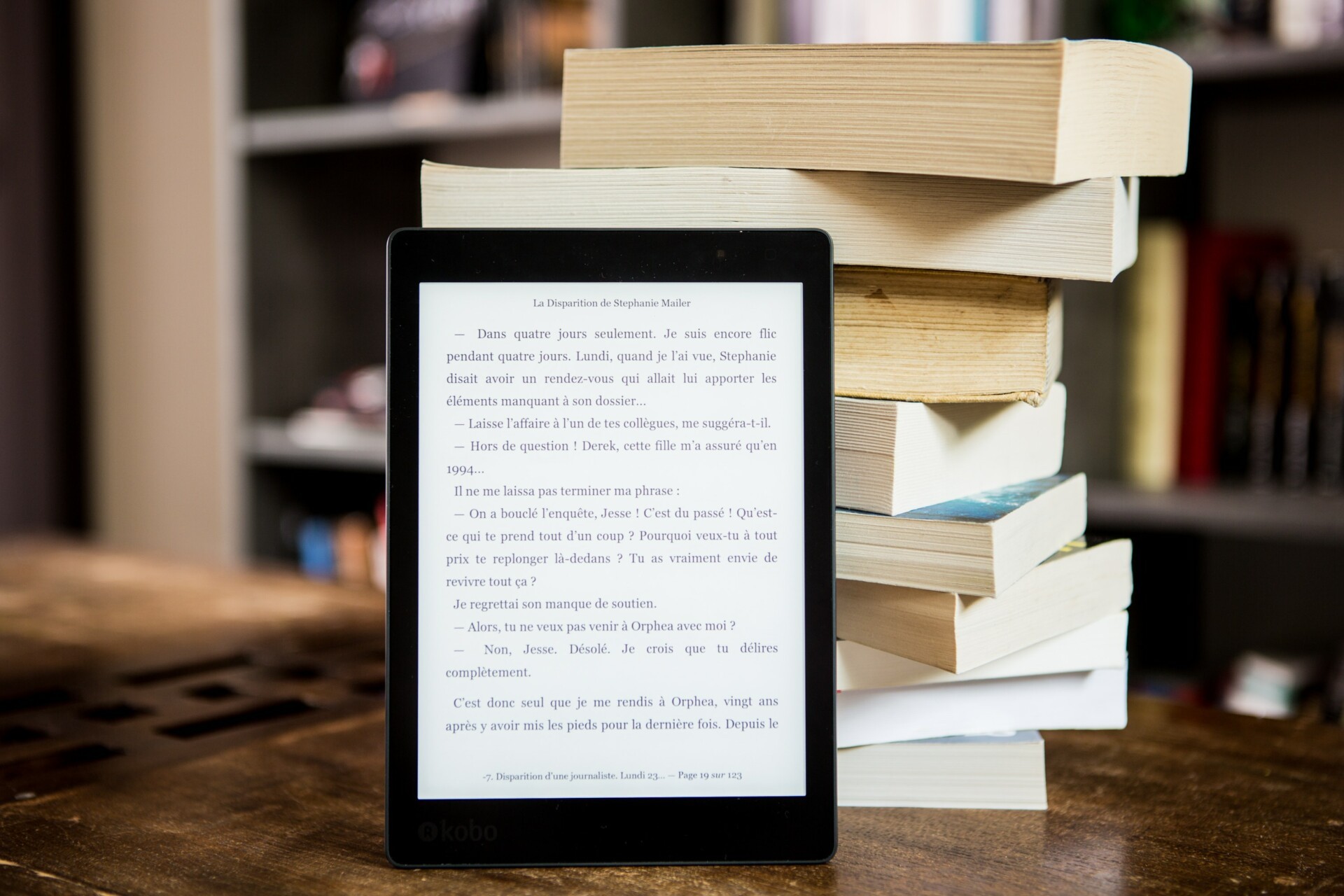
Result
Currently, more than one in three citizens regularly makes time for reading and dedicates themselves to a book at least once a week. In addition to traditional reading material, roughly one in seven uses digital versions of their reading material in their free time and reads an e-book. Compared to 2019, significantly more citizens are enthusiastic about both formats. The proportion of book readers has increased from 31 to 35 percent in recent years, while the proportion of e-book users has more than doubled from 6 to 14 percent. Within the population, women show a stronger inclination towards reading and are more frequently drawn to both printed books and e-book readers.
Reasons
During the pandemic, people spent a lot of time at home and increasingly turned to reading to relax, learn, or simply to be entertained and distracted. As a result, many (re)discovered the joy of reading. The ability to read any book affordably, sustainably, easily, and anywhere on a digital device is becoming increasingly attractive to a growing number of people.
The number of new titles available in Germany has steadily decreased in recent years, but at 70,000 most recently, it is still very extensive.
Differences in reading behavior between the sexes could be attributed to various factors and cannot be generalized. Findings from qualitative research show the importance of social expectations and norms, which tend to encourage women to read, while men are more inclined towards other leisure activities. Furthermore, more women than men tend towards individual and domestic leisure activities, and more book titles and topics specifically appeal to women, suggesting a book market geared towards women.
Forecast
Approximately two-thirds of all books we buy or receive as gifts are never read. Nevertheless, many of these books end up on living room shelves – reflecting personal interests, tastes, and personalities. Books have also traditionally been, and still are, a status symbol of education, as the display of a book collection often suggests that the owner values intellectual pursuits or lifelong learning. However, this perception will diminish in importance in the future, as there are now far more ways to identify oneself through leisure activities. Furthermore, increasing competition from a constantly growing range of (digital) leisure options – especially among younger generations – argues against a sustained reading boom. Of course, many people will still enjoy immersing themselves in a captivating book, reading a bedtime story to their children, relaxing on the beach with an entertaining read, acquiring knowledge for school, university, or work, or simply reading a few pages before bed – though likely less frequently than before.


